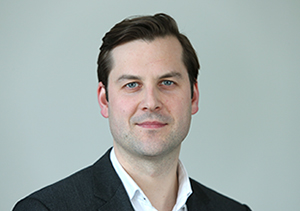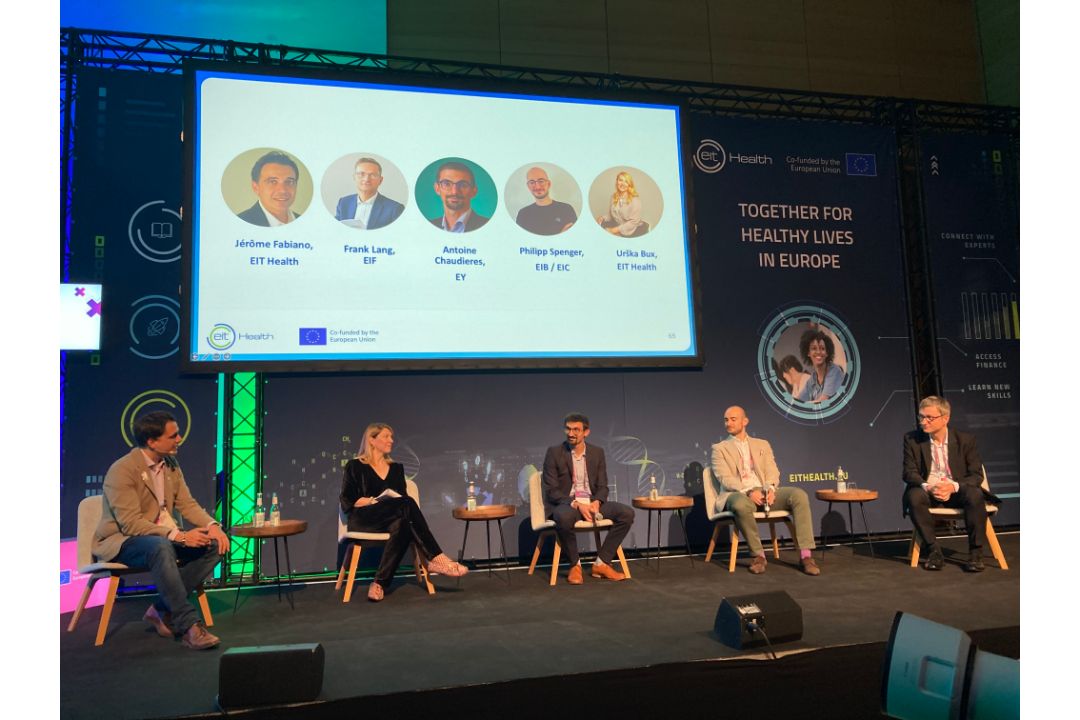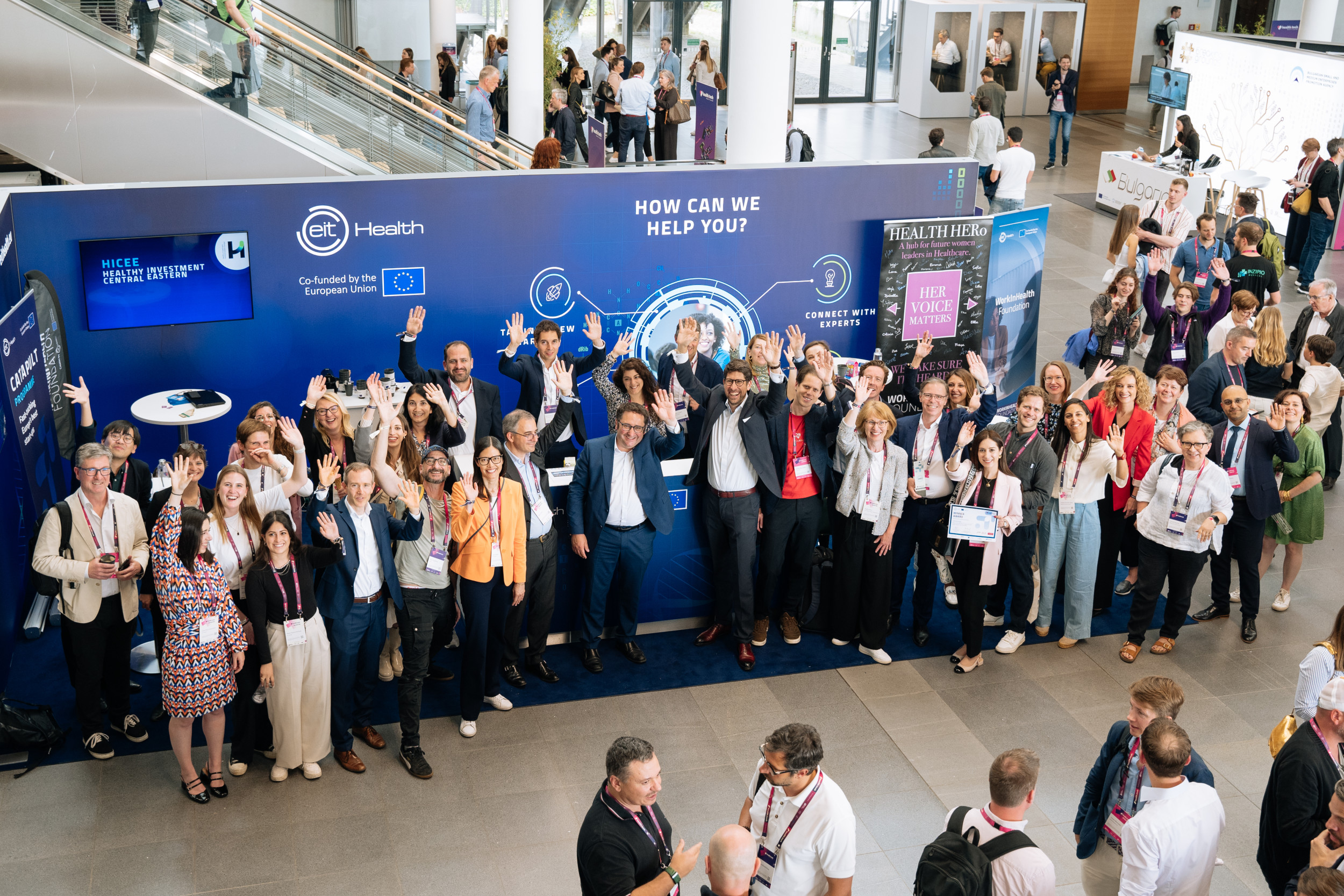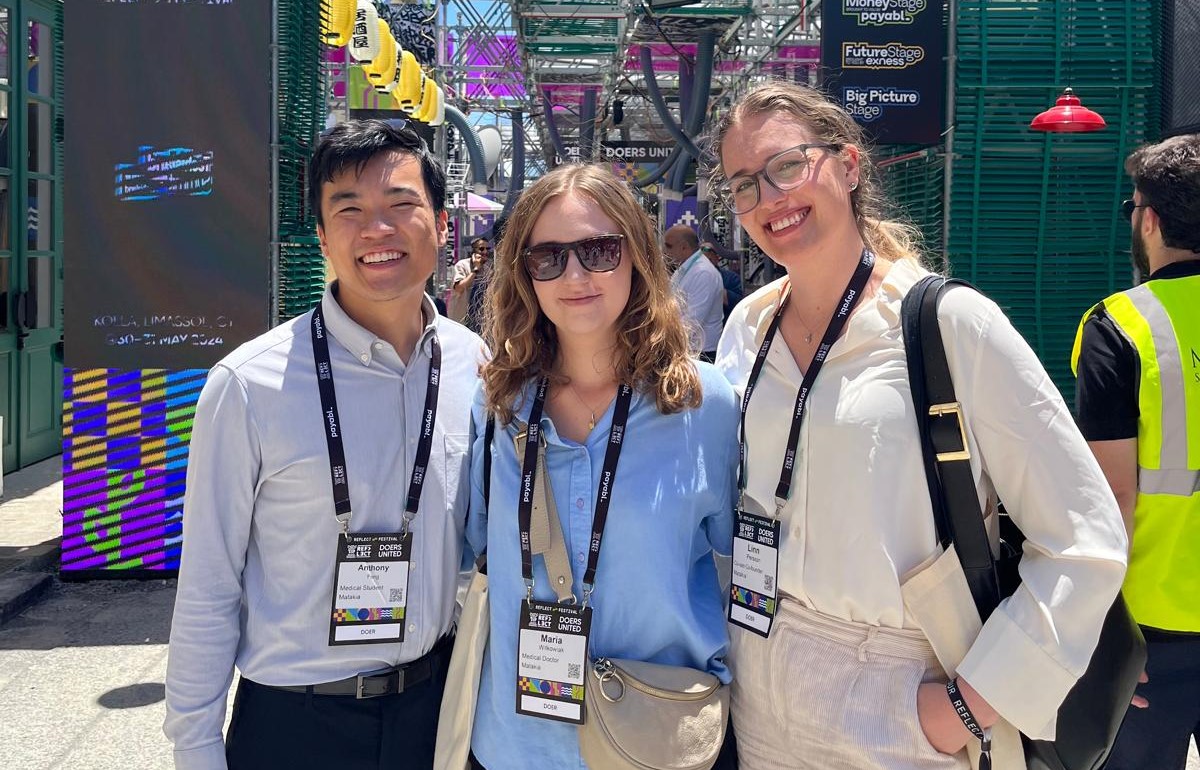3rd July 2020
‘In five years’ time, there won’t be a single clinician not using AI’
The 30th June saw policy makers, industry leaders, public health organisations and patient associations come together to debate the future of European health in relation to real world data at a virtual conference organised by Science Business.

Amongst the speakers at the half-day event were Mariya Gabriel (Commissioner for Innovation, Research, Culture, Education & Youth, European Commission), Mark Pearson (Deputy-Director for Employment, Labour and Social Affairs, OECD), Ruben Díaz Naderi (Deputy CEO, International Affairs, Sant Joan de Déu Hospital, Barcelona), Casper Klynge (Vice President, Government Affairs, Microsoft) and Jan-Philipp Beck (CEO, EIT Health).
Focussing on the political, regulatory and infrastructural landscape surrounding Europe’s ability to optimise data and artificial intelligence for improved healthcare, the discussion of the day naturally leant towards COVID-19 and the lessons that have been learned during the pandemic and resulting crisis. Participants commented that COVID-19 has led to creativity and acceleration in a number of areas such as research, funding, technology and clinical practice through sheer necessity. Panellists discussed the need to consider how such momentum can be applied to other areas of health where processes and regulation may be hindering speed of access.
The infrastructural challenges related to data were a core topic of the event, with much of the discussion focussing on the need to adopt a ‘European’ rather than national approach to data sharing and regulation in healthcare. While many national data initiatives have been successful, few are able to cross borders in a meaningful way due to issues such as consent, interoperability, connectivity, and quality. The COVID-19 pandemic has demonstrated that Europe is significantly behind other parts of the world in terms of accessing real-time, usable health and social data in times of crisis, and policies must be put in place to support pandemic preparedness and future healthcare resilience. The General Data Protection Regulation (GDPR) was also discussed as requiring update to alleviate some of the challenges in the interpretation of the regulation leading to data fragmentation across Europe.
“We should use the momentum of COVID-19 to move towards a GDPR 2.0. to overcome some of the insecurities that exist within the current interpretations of the regulation,” said Jan-Philipp Beck, CEO EIT Health. “Legislation is needed to bring clarity to how we can finally address the challenges that have impeded our ability to fully optimise and use big data to support healthcare”, he added.
Patient engagement was discussed in detail as key to the future of data. Participants commented that patient engagement cannot be a tick box exercise, and that patients must be equal partners in research and data design. There is also much to be done in terms of how to collect the full plethora of patient data to capture the patient experience, such as qualitative data.
Finally, our ability to realise the benefits of AI in healthcare was agreed as intrinsically dependent on our ability to overcome data hurdles. AI algorithms are as good as the data that feeds them, and in order to fully utilise AI to improve healthcare we must get data right. Participants were nevertheless optimistic about the future of European health in relation to data and AI:
“In five years’ time, there won’t be a single clinician not using AI,” predicted Jan-Philipp Beck, EIT Health CEO.
New report reveals skills gaps impeding healthtech innovation

A must-read for healthcare start-ups and venture capitalists
Perspectives on the HealthTech ecosystem

Key takeaways from the health.tech conference 2024
